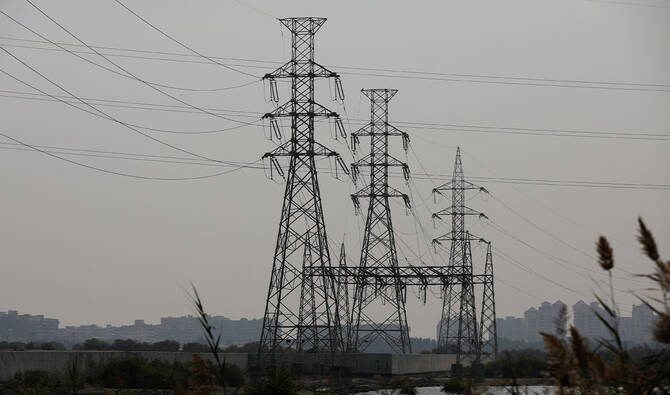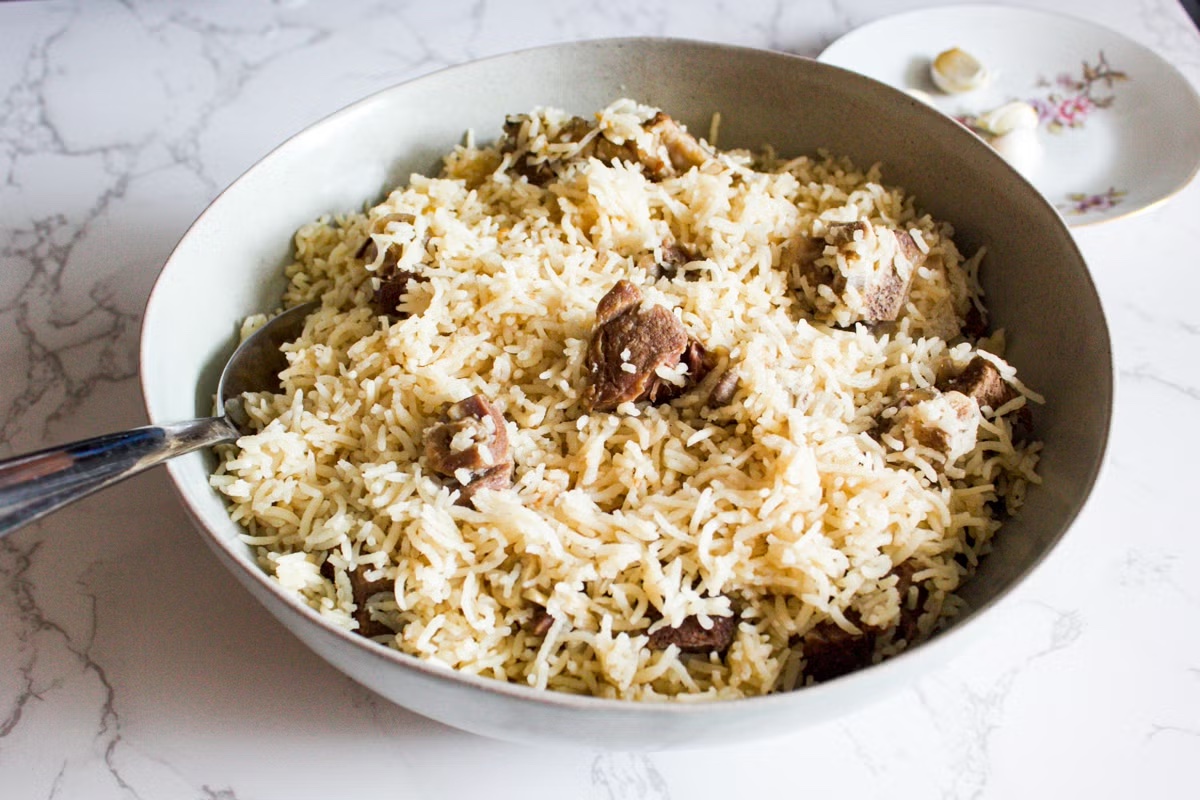KARACHI: The International Monetary Fund (IMF) has allowed Pakistan to slash power tariffs by one rupee per kilowatt to provide relief to inflation-hit consumers, the IMF’s resident representative in Pakistan confirmed to Arab News on Friday.
Pakistan can bring down the prices of electricity by using revenue from a Rs791 per unit grid levy the government recently imposed on the usage of gas by captive power plants for in-house power generation, Mahir Binici, the IMF’s resident representative, said. Captive power plants, also known as autoproducers or embedded generation, are electricity generation facilities owned and operated by an industrial or commercial entity solely for their own energy consumption, providing a localized power source.
“The price reduction would benefit all consumers,” Binici said.
Analysts see a modest impact of the one rupee relief over the promised Rs8 per unit cut.
“The benefit is modest, around Rs 200 per month, for the average domestic consumer,” said Muhammad Waqas Ghani, head of research at JS Global Capital Ltd. from Karachi.
Financing the cut through a levy on captive power plants would naturally provide a short-term relief, he said.
“For the government to provide any meaningful relief, it would have to work to address the underlying structural issues in Pakistan’s energy sector,” Ghani said.
The confirmation of the power tariff reduction comes days after IMF staff reached a deal with Pakistan for a new $1.3 billion arrangement and also agreed on the first review of the ongoing 37-month bailout program, the IMF said on Tuesday. Pending board approval, Pakistan can unlock the $1.3 billion under a new climate resilience loan program spanning 28 months. It will also free $1 billion for the South Asian nation under its ongoing $7 billion bailout program, which would bring those disbursements to $2 billion.
The IMF’s board of governors will meet in May and approve its next tranche for Pakistan, Prime Minister Shehbaz Sharif’s office said in a statement on Thursday.
The IMF’s nod for a reduction in Pakistan’s power tariffs is just one component of a larger package Sharif will be announcing after Eid, Zafar Yab Khan, a spokesperson at Pakistan’s power division, told Arab News.
“This should not be misunderstood as the only relief that is being considered by the government,” Khan said.
Under a special relief package, Sharif was expected to announce a reduction in the prices of electricity by as much as Rs8 per unit to provide some relief to Pakistanis who have had to face inflated energy and food prices in the last two years. Pakistan’s inflation peaked at 38% in May 2023 before gradually easing to 1.5% in February this year, the lowest in nearly a decade. The government expects it to remain within 1–3% in the coming months.
The debt-ridden country had to make its electricity costly by withdrawing fuel subsidies and increasing energy prices in compliance with conditions set by the IMF under a $3 billion loan that averted a sovereign debt default in 2023 but fueled record-high inflation and triggered protests in many parts of the country.






















